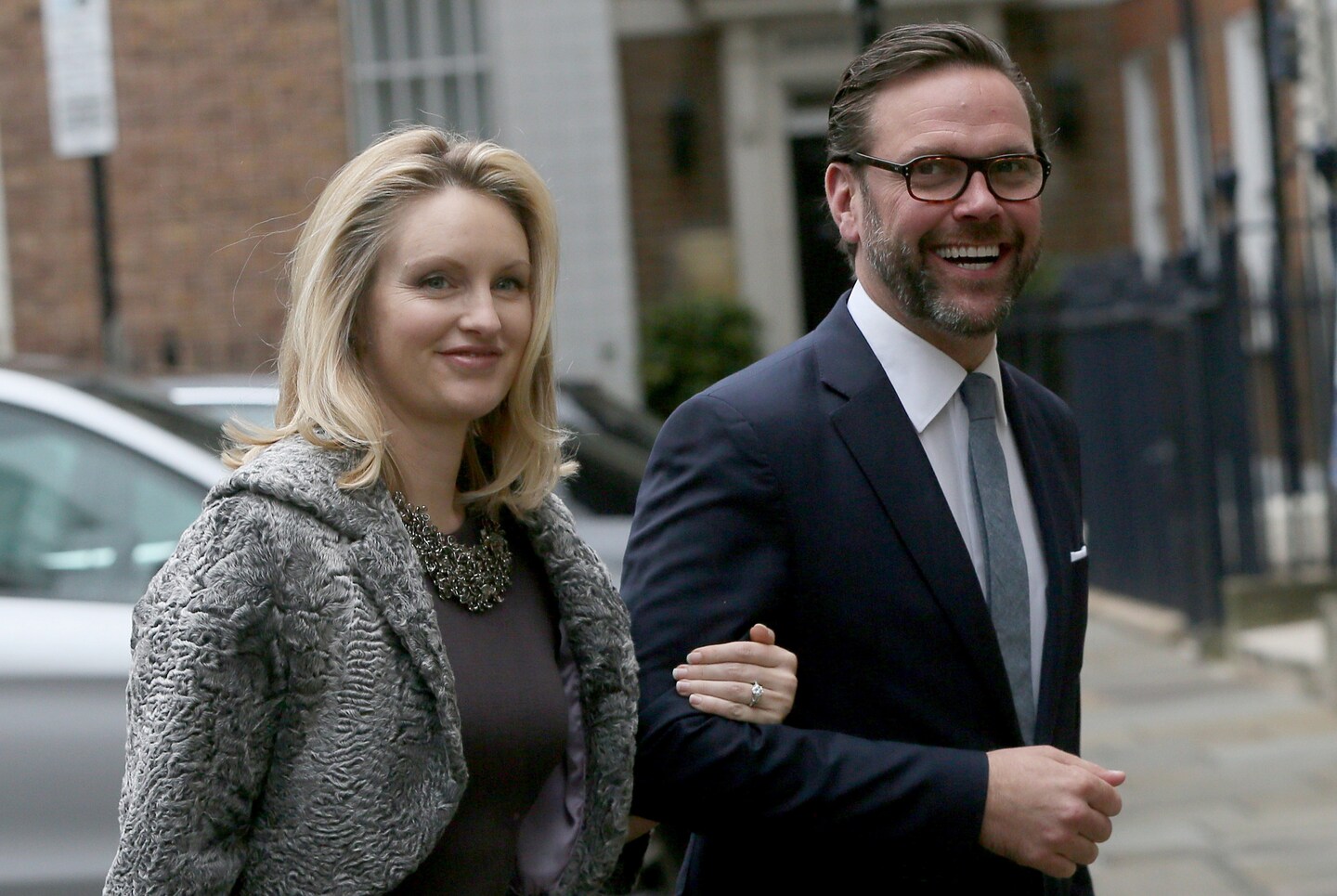Kathryn Murdoch thinks her surname ‘is mostly an advantage’ as she advocates for electoral reform

Kathryn Murdoch, 48, is married to James, the younger of Rupert Murdoch’s two sons, who in July abruptly resigned his seat on the board of family-controlled News Corp because of what he claimed were “disagreements over certain editorial content published by the Company’s news outlets and certain other strategic decisions.”
Her surname “makes it hard for people to quantify who and what I stand for, and that, for me I think, is mostly an advantage,” she told me recently. “Because then they have to listen to the substance of what you’re saying.”
What she has been saying is that the real problem with politics may not be the people we elect. It may be the way we go about electing them.
On Wednesday, she and a group of like-minded “political philanthropists” will convene a Zoom meeting in which they hope to enlist other wealthy people to start putting their resources into reforming a system that currently fosters polarization and rewards those who hew to the extremes.
Among the co-hosts of the private gathering are Texas billionaires Laura and John Arnold; Marc Merrill, a founder of the video game developer Riot Games; and Kent Thiry, former chief executive of DaVita, a leading provider of kidney dialysis.
It is being organized by the nonpartisan group Unite America, which says upward of 140 people have signed up to attend the session. The group did not disclose the guest list, but said it includes major philanthropists, executives of large companies and former elected officials.
Unite America advocates a number of reforms it claims could end what it calls “the doom loop” of political dysfunction. Among them: turning the job of redistricting over to independent commissions, rather than allowing gerrymandering by politicians; nonpartisan primaries in which the top two finishers, regardless of their party affiliations, go to the general election; and ranked-choice voting, in which voters pick not just one candidate but rank names on the ballot by preference. Together, these changes could bypass entrenched political structures and make elections more responsive to the broader interests of ordinary voters.
They are being tried out in cities and states across the country. More than a dozen states have taken redistricting out of the hands of their legislatures. In 2010, California voters opted to become the third state to do away with traditional partisan primaries and have all candidates for an office appear on the same ballot. New York City will move to ranked-choice voting for its mayoral and council elections next year.
A ranked-choice system is also known as an instant runoff: If no candidate receives a majority, the last-place candidate is eliminated and his votes are redistributed to the contender his supporters ranked as their second choice. The process is repeated until someone tops 50 percent.
The idea behind all of these reforms is to create systems that encourage candidates to appeal to the largest cross-section of the electorate, not the extremes of either party. These changes might also discourage slash-and-burn campaigning, because every candidate will have his eye not only on mobilizing his own supporters but also on winning over some of those who are behind his opponents.
As more and more states and local jurisdictions try new ways of running their elections, “eventually you have a tipping point,” Kathryn Murdoch said.
Murdoch, who describes herself as a “radical centrist,” decided to become involved in politics after she heard former vice president Al Gore give a presentation on climate change in 2006. At first, she did it the way rich people traditionally do — by setting up a foundation to advocate on the issue, and by donating to candidates who shared her point of view.
But Murdoch began to realize “we weren’t getting any kind of bipartisan work on legislation that was really important because there’s no ability to have bipartisan communications any more,” she said. “And so I started looking at what’s the cause of our dysfunction? How do we figure out why that doesn’t work? We know we have the majority of the American public interested in solutions to the climate crisis — and in everything, actually. The majority of the public can agree on a lot of the solutions for most of our complex problems, but our politicians can’t agree amongst themselves to get anything done.”
Of course, the drivers of political polarization have broad, deep roots. They include the growing cultural divide between urban and rural voters, the influence of special-interest money and the increasing reach of media organizations — including ones run by Rupert Murdoch — that stoke our divisions.
Against these larger forces, skeptics say, electoral reform will bring only changes at the margin. But even if that is the case, they are worth trying.
The alternative is what we have now. If we want better leaders, the place to start is by building a better democracy that fosters consensus and rewards those who can achieve it.
Read more:






